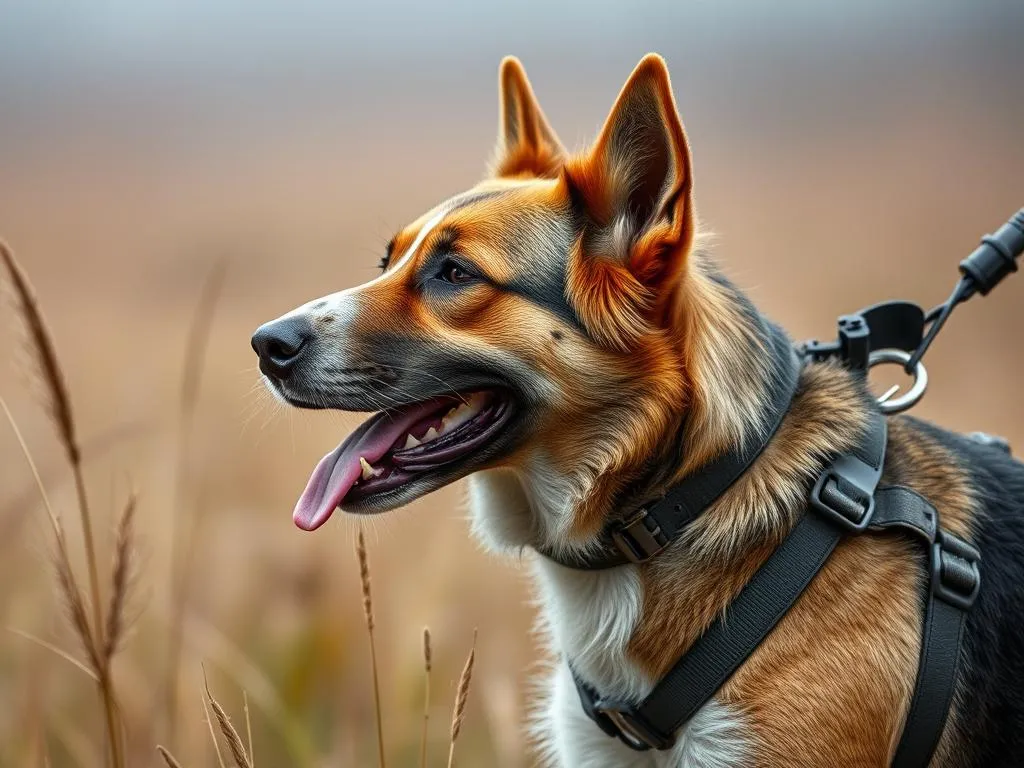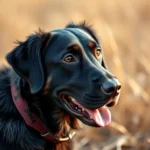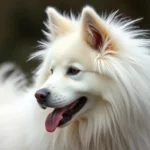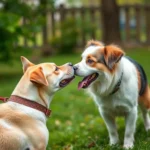
Training a hunting dog is not just about teaching it to fetch or point; it’s about building a partnership based on trust, communication, and respect. A well-trained hunting dog enhances efficiency during hunts, ensures safety for both the dog and the hunter, and offers companionship that enriches the hunting experience. In this guide, we’ll cover the essential aspects of how to train a hunting dog, from the basics to advanced skills, ensuring both you and your dog are well-prepared for any hunting scenario.
Understanding the Basics of Hunting Dog Training
What is a Hunting Dog?
A hunting dog is a type of dog specifically bred and trained to assist hunters in finding and retrieving game. These dogs possess characteristics such as a keen sense of smell, high energy levels, and an eagerness to please. Common breeds used for hunting include:
- Labrador Retrievers: Known for their friendly nature and excellent retrieving skills.
- German Shorthaired Pointers: Renowned for their versatility and ability to point and track.
- Beagles: Exceptional scent hounds that excel in tracking small game.
Understanding the traits and tendencies of various breeds will help you tailor your training approach effectively.
The Importance of Early Training
Training should begin as early as possible, ideally when the dog is a puppy. The early months are a critical period for training, where socialization and basic commands can significantly impact your dog’s hunting abilities. Exposing your puppy to various environments, people, and other animals will help shape its behavior and instincts.
Tools and Equipment Needed
Before diving into training, gather the essential tools and equipment, which can include:
- Leashes and Collars: For control during training sessions.
- Whistles: To communicate over distances effectively.
- Dummies: For teaching retrieving skills.
- Scent Training Kits: For introducing your dog to scent recognition.
Optional tools like training books and online resources can also provide valuable insights into effective training methods.
Preparing for Training
Setting Training Goals
Identifying specific training goals is crucial. Consider what tasks you want your hunting dog to excel at, such as retrieving, tracking, or general obedience. Setting clear, achievable objectives will help guide your training sessions and measure progress effectively.
Creating a Training Schedule
Consistency is key in dog training. Creating a training schedule that includes daily or weekly sessions will help reinforce learning. Sessions should be kept short but frequent, ideally lasting 15-30 minutes, to maintain your dog’s focus and enthusiasm.
Choosing the Right Environment
Selecting the right environment for training is vital. Open fields and wooded areas provide the ideal backdrop for hunting dog training. Minimizing distractions is essential during initial training stages to help your dog concentrate on learning new skills. As your dog progresses, gradually introduce it to environments with more distractions to better prepare it for real hunting scenarios.
Essential Training Techniques
Basic Obedience Commands
Before venturing into hunting-specific commands, ensure your dog has mastered basic obedience commands such as:
- Sit
- Stay
- Come
These commands establish a foundation of trust and control, crucial for more advanced training. Reinforcing these commands during hunting contexts will ensure your dog is well-behaved in the field.
Introduction to Retrieving
Teaching your dog to retrieve is a fundamental skill for hunting. Here’s a step-by-step guide:
- Choose a Dummy: Start with a lightweight dummy that your dog can easily carry.
- Introduce the Dummy: Allow your dog to sniff and explore the dummy, creating a positive association.
- Throw the Dummy: Toss the dummy a short distance and encourage your dog to fetch it using a command like “Fetch!”
- Reward: Praise and reward your dog with treats or affection when it retrieves the dummy.
Gradually increase the distance and complexity of the retrieves as your dog becomes more proficient.
Scent Training
Scent training is crucial for many hunting scenarios. Teaching your dog to recognize and track scents enhances its hunting capabilities. Here’s how to introduce scent training:
- Choose a Scent: Use a familiar scent, like a piece of game or a scent-marked cloth.
- Introduce the Scent: Allow your dog to sniff the scent and reward it for showing interest.
- Hide the Scent: Place the scent in a concealed location and encourage your dog to find it.
- Reward: Praise your dog when it successfully locates the scent.
Gradually increase the complexity of scent trails to challenge your dog further.
Advanced Commands and Skills
As your dog masters basic skills, it’s time to introduce advanced commands and hunting-specific skills. This includes:
- Pointing: Teach your dog to freeze and point when it detects game.
- Flushing: Train your dog to flush out birds or game from their hiding spots.
Utilizing positive reinforcement and gradually increasing the difficulty of these tasks will help your dog excel in the field.
Socialization and Exposure
Importance of Socialization
Socialization plays a critical role in a hunting dog’s training. Regular exposure to different environments, people, and animals will help your dog remain calm and focused during hunts. Activities such as trips to the park, visits to friends’ homes, and interactions with other dogs are excellent ways to promote socialization.
Field Exposure
Acclimating your dog to actual hunting environments is essential. Begin by taking your dog to scouting trips where it can explore the terrain without the pressure of a hunt. Gradually introduce your dog to real hunting situations, ensuring it feels comfortable and confident in its surroundings.
Common Challenges in Hunting Dog Training
Behavioral Issues
Many dogs may exhibit behavioral problems such as distractions or fear during training. Identifying these issues early is crucial. Techniques such as gradual desensitization and positive reinforcement can help address these behaviors effectively.
Dealing with Distractions
Maintaining focus during training is vital. Start training sessions in a controlled environment with minimal distractions, then gradually introduce elements that may distract your dog. Techniques like having another person or dog present can help your dog learn to concentrate amidst distractions.
Keeping Your Dog Motivated
Positive reinforcement is essential for keeping your dog engaged in training. Use treats, praise, or playtime to reward successful training efforts. Consider incorporating games into training sessions to make them more enjoyable and stimulating for your dog.
Maintaining Skills and Continuing Education
Regular Practice
Continued practice is essential for maintaining your dog’s skills. Schedule regular training sessions even after your dog has mastered its commands. Suggested drills include retrieving exercises, scent trails, and obedience commands to keep your dog’s skills sharp.
Seeking Professional Help
If you encounter challenges in training, consider hiring a professional trainer. A professional can provide tailored advice, especially for specific hunting scenarios. Joining hunting dog training clubs or groups can also expose you to new techniques and provide support from fellow dog owners.
Staying Updated on Training Techniques
The world of dog training is continually evolving. Keeping up with the latest training techniques and methodologies can greatly benefit your training endeavors. Resources such as books, online courses, and training videos can offer new perspectives and ideas that can be adapted to suit your dog’s unique needs.
Conclusion
Training a hunting dog is a rewarding journey that requires patience, consistency, and dedication. From understanding the basics of training to mastering advanced skills, investing time in your dog’s training will pay off in the field. Remember, a well-trained hunting dog not only enhances your hunting experience but also strengthens the bond between you and your canine companion. Embrace the process, enjoy the time spent with your dog, and look forward to many successful hunting adventures together.









